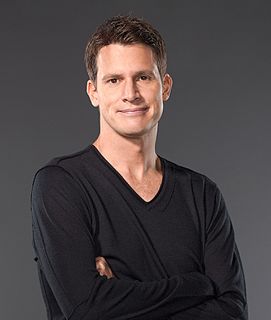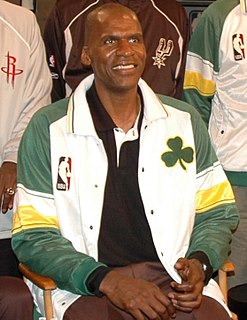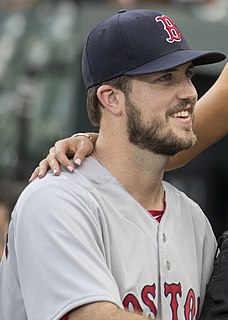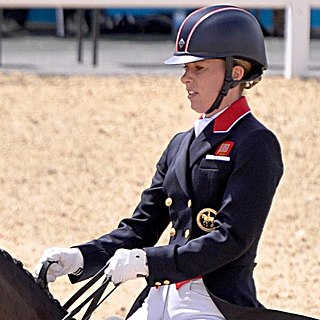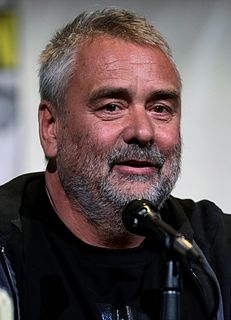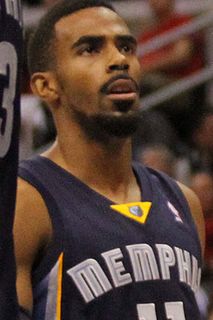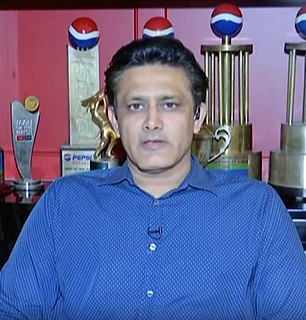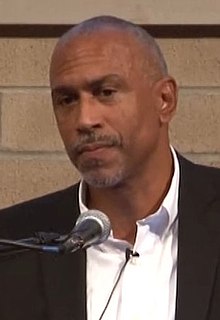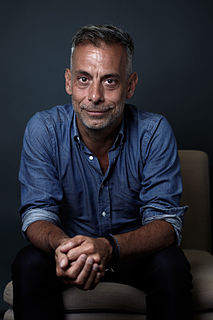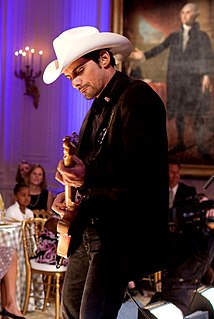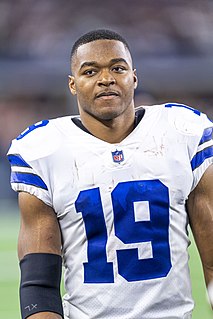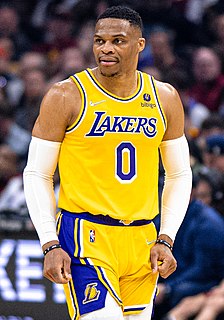A Quote by Dennis Eckersley
That first year in Chicago was one of the most memorable in my career. Getting traded rejuvenated me, and I had something to prove. I wanted to show them what I could do
Related Quotes
Comedy Central wanted to do a show with me, I had a couple failures under my belt with them already, but they still wanted to try something else. They came to me and said they wanted to do something that was internet focused and created original content on their site, so they could compete with the funny or dies and what not. So that was the premise, and they gave us a small amount of money, $5000, and from there it turned into the show.
After the first time I got traded - I was in the bullpen warming up for a game in Double A, and I got called back in and got traded - that was probably the, like, most crazy it could be. And once I got traded, the next time it got a little easier, and I got traded the next time - it's just part of it.
I wish I were whole. I wish I could have given you youngs, if you'd wanted them and I could conceive them. I wish I could have told you it killed me when you thought I had been with anyone else. I wish I had spent the last year waking up every night and telling you I loved you. I wish I had mated you properly the evening you came back to me from the dead.
Teaching in Providence and Oakland, I realized that the first thing is that it wasn't good enough to come in and assume that I had what my students needed in terms of knowledge and skills. I also had to show them that I was their ally. I had to show them that I was concerned about them, wanted to relate to them, and that I was fundamentally on their side.
There were times in my career where I could have easily been traded, easily been given up on, and I think me making strides, me making a commitment to myself to come in and get better showed people what I could do each year. From there, people started to believe in me, and the organization believed in me, and once that happened, it was on me to take this thing on.
I have a very close friend who is a brilliant clown, and I always wanted to do a show with him. So I did one year at La MaMa Theatre. I had not done stilts before that show, and I had about two weeks to learn how to do that, and they were just made with off-off Broadway money. The ones that I had in Rogue One were made by [Industrial Light & Magic]. So they were really easy. They were made with actual prosthetic feet on the bottom. They were athletic, in a way. I could run in them. There was a bounce to them that I could use.

